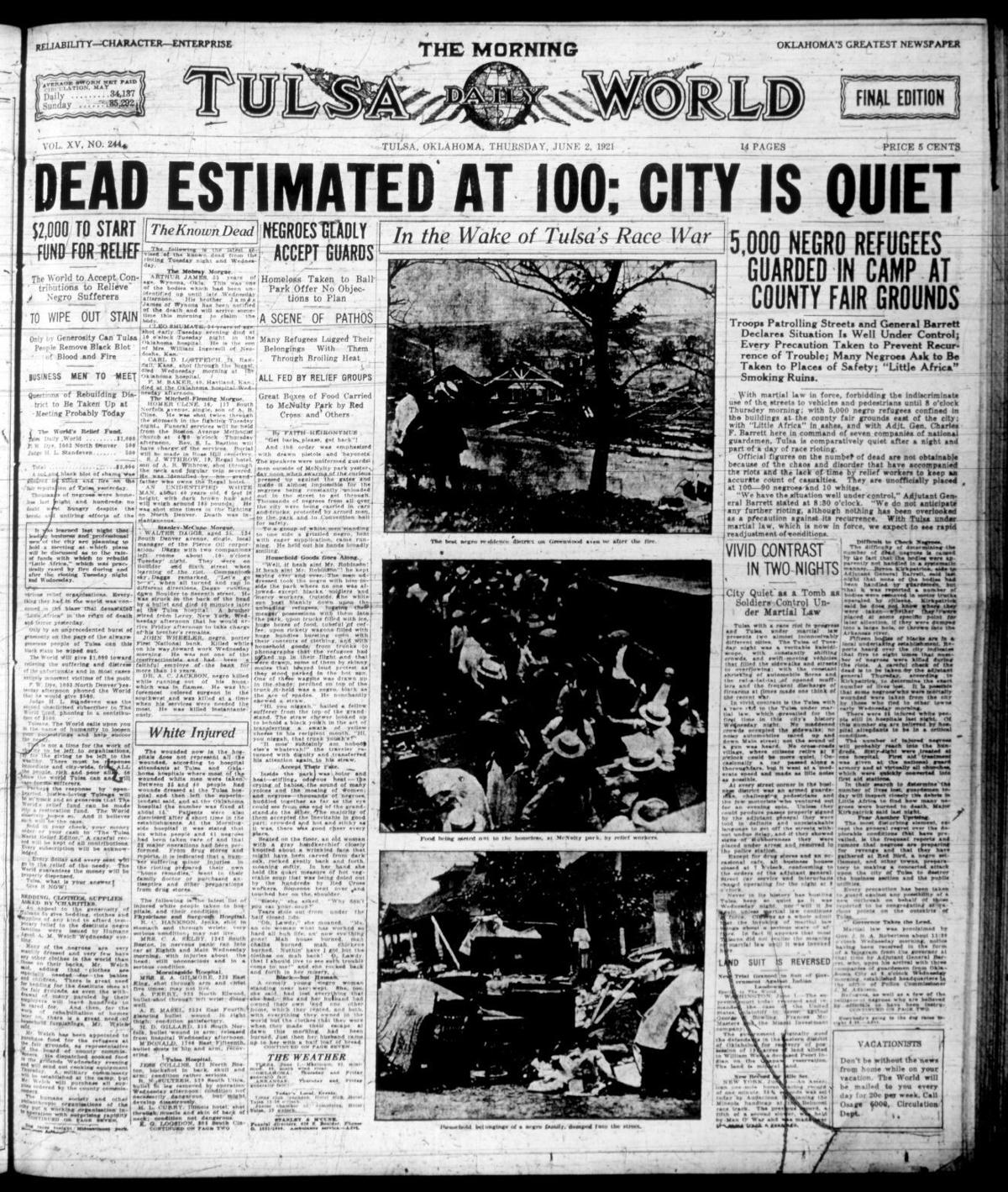
Oral Presentation with Kurt Kuegler and Johannes Shephard
Join us for presentations and Q&A with these undergraduate researchers:
Kurt Kuegler (Criminal Justice), Tulsa Massacre of 1921
During the 1921 race riots in Tulsa, Oklahoma, a White mob of thousands destroyed a thriving Black community known as “Black Wall Street”. Local police and members of the National Guard did nothing to stop the mob violence, and instead contributed to events by arresting African Americans and deputizing white rioters. After the riots ended, local officials made a concerted effort to cover up what had transpired. Despite the Tulsa riots having relevance to modern police-Black community relations, very little criminal justice scholarship exists about those tragic events. This presentation will review criminal justice, sociology, and historical literature on the Tulsa riots, highlighting actions (and inaction) by the police. Relevant data from newspaper archives and historical societies will be presented. The relevance of historical institutional discrimination in law enforcement to modern policing will be discussed.
Johannes Shephard (International Studies), Collectivization of Trauma in Transnational Film
Trauma is an omnipresent facet of film. From Citizen Kane to The Avengers, trauma plays a role in both narrative development and as a reflection upon the society that created it. This paper seeks to explore how the ownership of trauma is conceptualized in French director Ladj Ly’s Les Misérables and French Lebanese director Ziad Doueiri’s The Insult. These films both explore themes important to the current international discourse of sectarianism, police brutality, trauma, and identity. Central to this paper’s exploration of such themes is the idea of ownership of trauma. The role of the individual in the process of reconciliation of trauma is shown in very different approaches in these two films and the differing approaches to narrative ownership is key to the research being performed in this paper. This argument draws from critical theory texts such as Roland Barthe’s Mythologies as well as sociological texts such as J.M Berger’s Extremism and Nathaniel Greenberg’s How Information Warfare Shaped The Arab Spring: The Politics of Narrative in Tunisia and Egypt. In short, this paper explores how traumatic events and the ownership of the narratives of trauma inform meaning in these two films.
Moderated by Prof. Amy Woodbury Tease
Please click here for a recording of this event.

